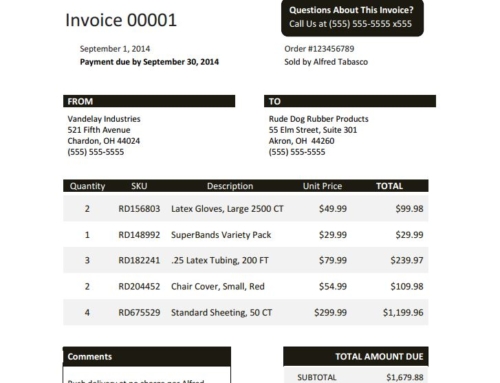Often times we get so caught up in the day to day activities of our accounts payable work that we forget about our continuing education. As collection representatives, it’s important to keep up to date on best practices, new collection methods, new technology and industry input. Many different factors can have an impact on your likelihood to collect, such as local economies, industry habits and, more specifically, new laws.
Laws have a huge impact on our methods of collection, what time of day we do it, who we call and what we say. Unfortunately, these laws can change any day. If we are not staying up to date on laws that affect credit and collections we’re putting ourselves or our company at risk. Maybe you do not know the current credit and collections law to a T, you may be violating it now without even realizing it.
By violating these credit and collections laws, we could be setting ourselves or our companies up for hefty fines. Most credit and collections laws are not helpful to the collector. Instead, they put restrictions on the time of day you can call, what you can say and who you can accept as a customer on credit terms.
If your customers are aware of these laws as well, you could be at risk of losing these customers by violating the law. No customer wants to feel as though their rights and protections are not being respected, so it is important that all credit and collections laws are followed correctly in order to retain customers.
Finally, you want to maintain your reputation as a company that follows the rules. If people get wind that you are harassing customers in order to collect on unpaid accounts, new customers will not want to work with you.
In this blog series, we will be covering the Fair Credit Reporting Act, the Equal Credit Opportunity Act, the Truth in Lending Act and the Fair Debt Collection Act. Additionally, we will be covering best practices to ensure you are always following credit and collections law.




